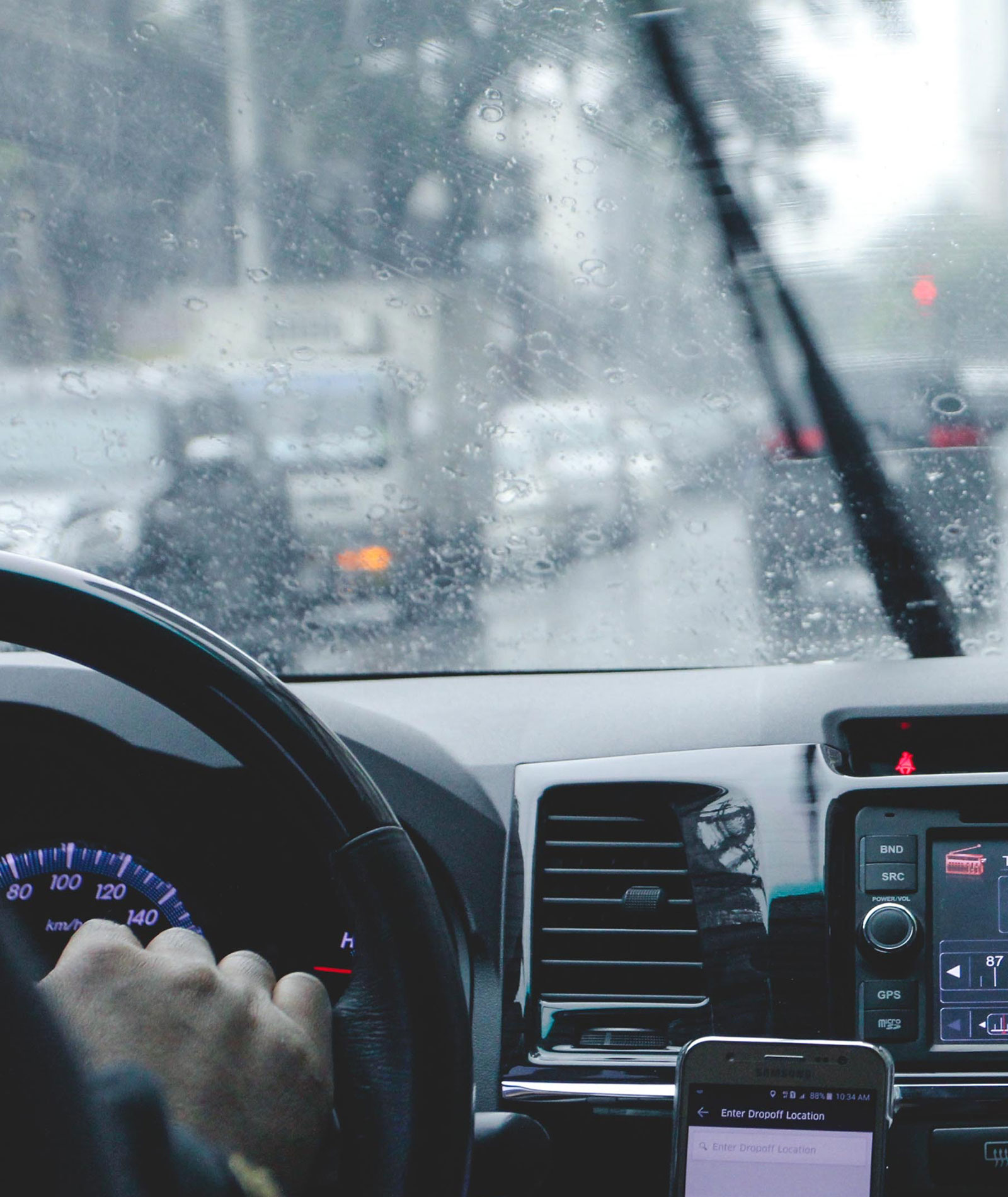Florida District Appellate Court Discusses Counter-Offers and Settlements in Car Accident Case

Before a trial, there are many instances of communication that occur between the injured party and the defendant’s auto insurer. Sometimes a defendant’s insurer will offer to provide the Personal Injury Protection (PIP) Benefits or an amount within the policy limits early in the negotiating phase of the process. These settlement agreements often come with language requiring the party accepting funds to waive their right to pursue a civil action related to the matter at hand. A recent Third District Court of Appeal decision (No. 3d17-891) covers the considerations an party injured in a Florida car accident should make when discussing a settlement.
In this lawsuit, a party injured in a car accident filed suit against the policy holder. The defendant’s auto insurer sought permission to intervene so that it could seek enforcement of a settlement agreement it believed had been reached between the injured person and the defendant before a personal injury action was filed. The plaintiff was injured on December 24, 2013, treated at a hospital, and discharged in January. Soon afterward, the defendant’s auto insurer sent a letter to the injured person’s counsel, offering to provide the $10,000 bodily injury policy limit to settle the claim against the insured. The letter included a check and a standard release payable to the injured person, his attorney, and the treating hospital. The insurer provided an explanation for its inclusion of the hospital, stating it noticed a lien for the provided medical services. The injured person and his counsel did not respond, nor did they cash the check.
In the following year, the injured person retained a new attorney, who notified the insurer he was the counsel of record and presented a demand for the full policy limits. The attorney requested a settlement draft to his office by the end of the month, and the insurer indicated its willingness to comply and accept modifications to the letter. Another letter was sent, similar to the first one, with a check payable to the injured person, the attorney, and the hospital. The new attorney believed the payment to be a counteroffer, since it included the hospital as a joint payee, and rejected the settlement payment. The insurer and attorney continued to exchange communications, debating about whether or not a settlement had been reached. The insurer issued two more checks with the hospital removed as a co-payee. The injured person rejected both payments. The insurer then filed a motion to enforce the settlement. The matter was heard, and the insurer’s motion was granted to dismiss the lawsuit against the at-fault driver with prejudice, subject to the terms of the settlement agreement. The injured person appealed.
The appellate court determined the central question was whether or not the insurer’s response in 2014 was an acceptance or a counteroffer. The trial court found the inclusion of the hospital was not an essential term of an agreement because the settlement was not conditioned upon the agreement to that term. The issued check with an invitation to modify the letter was evidence of this. The trial court also determined the presence of the hospital as one of the payees was not unusual or uncalled for, since there was a question of a lien. An insurer, by law, is obligated to acknowledge and protect the interests of hospitals with unpaid medical bills.
In contract disputes, a court is required to look at whether or not there was a meeting of the minds on the essential terms of the agreement. The Court of Appeal found there were two essential terms in the case at hand – tendering the $10,000 in the form of a settlement draft and responding by the date provided by the injured person’s counsel. The appellate court agreed with the trial court’s assessment that the insurer met both of these terms. The court did not accept the argument by the plaintiff that including the hospital as a payee added a new essential term, thus becoming a counteroffer instead of an acceptance. The court concluded it was a settlement and affirmed the lower court’s order enforcing the settlement and dismissing the action filed by the injured person against the driver, pursuant to the terms of the settlement agreement.
The Florida car accident attorneys at Donaldson & Weston have the personal injury litigation experience you need to maximize the damages you deserve. Call 772-266-5555 or 561-299-3999 today for a free, confidential consultation.
More Blog Posts:
Florida District Appellate Court Reviews Future Medical Expenses in Multi-Car Accident Case, Florida Injury Lawyer Blog, November 28, 2016
Federal Circuit Court of Appeal Declines to Find Equitable Tolling in Slip and Fall Case, Florida Injury Lawyer Blog, October 21, 2016
Florida Court of Appeal Allows Injured Motorist to Pursue Additional PIP Payments to Medical Providers, Florida Injury Lawyer Blog, May 18, 2017
